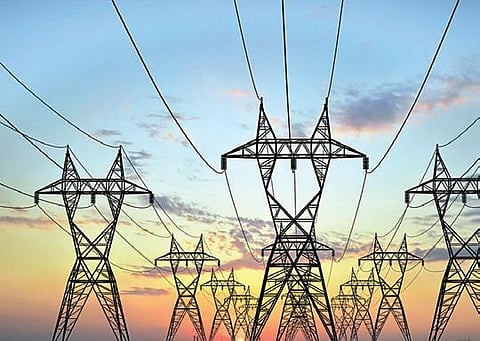

BENGALURU: Experts and officials of the energy sector are divided over the implementation of Gurucharan Committee Report, which has made recommendations on addressing the issues of power losses and improving the management of Escoms (energy supply corporations limited) in the state.
While some say that if the government is keen on improving the sector, the committee’s recommendations should be implemented at the earliest, before the model code of conduct is implemented for the forthcoming Assembly polls. However, others in the same department think that it is practically not possible to implement the recommendations anytime soon as the government is running short of time and the report needs to be studied in detail. MG Prabhakar, chairman, FKCCI, Energy Committee and a power expert said: “If this report is implemented, it will be the best decision towards improving the power sector. The energy losses will be addressed and there will be better management. A sole holding company is the need of the hour for more accountability.”
The 90-page report, prepared by former IAS officer and director, Public Affairs Centre, Gurucharan G, details the problems in the sector and offers solutions. It addresses the issues of operational and financial performances, institutional factors and shortcomings, policy, and regulatory, governance and structural reforms needed. It also speaks of ‘two elephants in the room’ (power purchase costs and problems with free power supply). The report states that in recent years, the energy mix and the power purchase profile compelled Escoms to back high-cost power generating stations resulting in payment of significant fixed charges without drawing any energy. Another feature is the rapid growth of the share of renewable energy, which is currently around 30% in power purchase.
The report states that key interventions are necessary to better manage subsidised electricity for the agriculture sector without adversely affecting the farmers. Scientific power subsidy delivery to agriculture holds potential benefits of savings in subsidy delivery and efficient use of energy by the farmer. An official from the department said: “If the report is implemented and a holding company is formed, the cash burdens of Escoms could be distributed.”